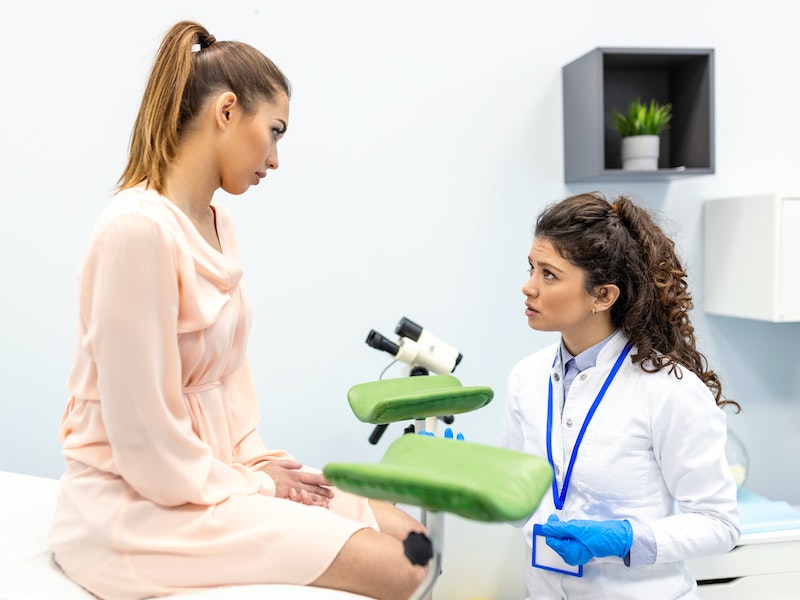As we mark Cervical Cancer Awareness Week, guest blogger and consultant gynaecologist, Jullien Brady, answers your questions on cervical screening.
1. What does your cervix actually do?
Your cervix is the junction between your vagina and your womb. The average cervix is around 4cm in length and 1.5cm in width, but this can vary widely from woman to woman. During pregnancy, the cervix acts as a ‘plug’ that helps keep the baby in safely in the womb.
2. How do you get cervical cancer?
99.7 per cent of cervical cancers are caused by the Human Papilloma Virus (HPV). HPV is a sexually transmitted virus that can be passed from one person to another via oral, anal or penetrative sex. Around four in five people carry the HPV virus, but for most people, their bodies clear the virus naturally.
For a small number of people, their body does not clear the virus and as such, the HPV infection remains. When certain strains of HPV remain in the body, this can lead to changes of the cervical cells, which over time can become cancerous.
3. How do I know if I have HPV?
When you attend your smear test, the sample taken is tested for high-risk strains of HPV known to lead to cervical cancer. Your doctor won’t inform you if you carry high-risk HPV, but if you have abnormal cells, you will be called back for colposcopy. Colposcopy is when a gynaecologist looks at your cervix through a microscope to look closely at any abnormalities.
4. Can I protect myself against HPV?
HPV is a field virus, meaning that is passed by skin contact. 80 per cent of sexually active people have the virus and you don’t need to have had multiple partners to get the virus. Even though you can’t completely protect yourself from HPV, practicing safe sex can help.
5. I have had a bad experience at my smear tests in the past, what if I don’t want to go again?
It’s vital that women of screening age attend cervical screening. GPs and nurses who carry out smear tests are aware that some people feel anxious about smear tests, so the best thing to do is tell your doctor before the examination starts. The metal speculum is a thing of the past and there are now plastic speculums that come in a range of sizes to make the test more comfortable. If you suffer from vaginal dryness, tell the health professional and they can use a lubricant to make the test easier for you.
6. How often should I go to cervical screening?
Screening starts at 25 and continues until 64. Between the ages of 25 and 45 you should go every three years and from 45 upwards, every five years. You’ll receive a letter in the post inviting you to your smear test, so make sure you register with a new doctor if ever you move house to ensure you don’t miss any invites.
7. Is there an alternative to a smear test?
You can now test for HPV using self-screener, GynaeCheck. The test takes a fluid sample from the cervix, so there is no ‘scrape’ of the cervix. The test looks for the high-risk strains of HPV, so if you have a negative result you know you are at a low-risk of developing cervical cancer and are advised to test again in two yeas’ time. If you do carry the high-risk strains of HPV, you’ll need to go for your smear test to make sure the HPV infection has not caused changes to your cervical cells.
8. Are there any symptoms of cervical cancer?
There are some symptoms of cervical cancer such as; bleeding after sex, bleeding between periods and abdominal pain. But cervical cancer is very often symptomless, which is why cervical screening is so important. If you experience any of the symptoms mentioned, visit your GP.
9. Is there a certain time of the month that you should book your smear test?
The ideal time to go for cervical screening is about two weeks after your last period.
10. I am pregnant, should I go to my appointment?
If you are pregnant when you receive a reminder about your next smear test, you may or may not be required to attend. If you have always had clear results, you’ll be advised to wait until a few months after your pregnancy to attend cervical screening. If you have had an abnormal result in the past then you will be asked to attend whilst pregnant. Having a smear test whilst pregnant is completely safe and will not cause any harm to your pregnancy.









